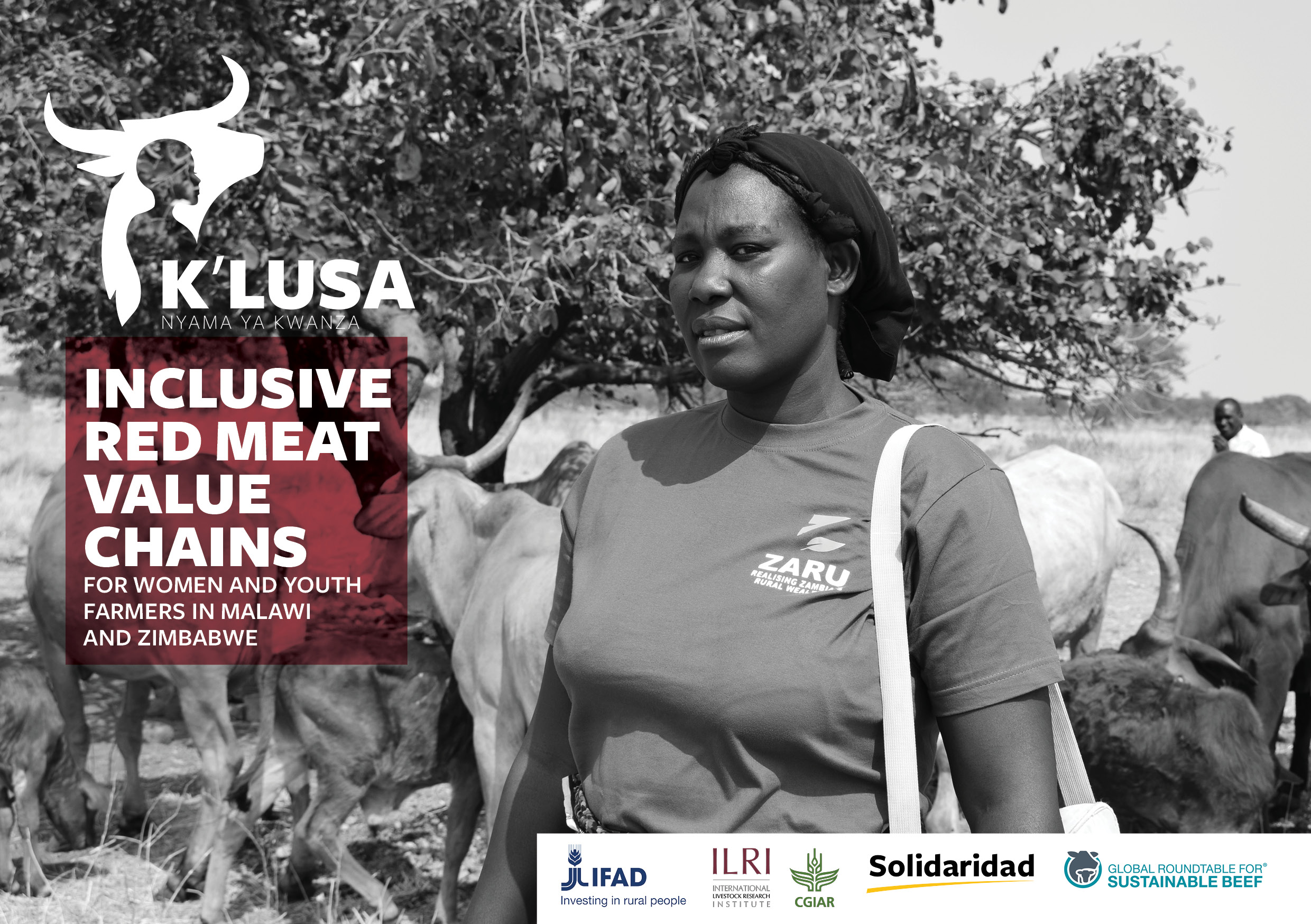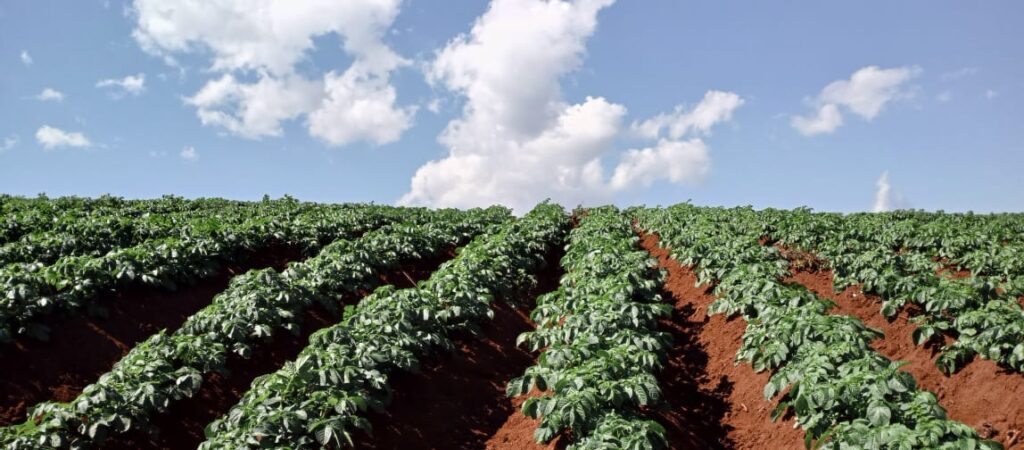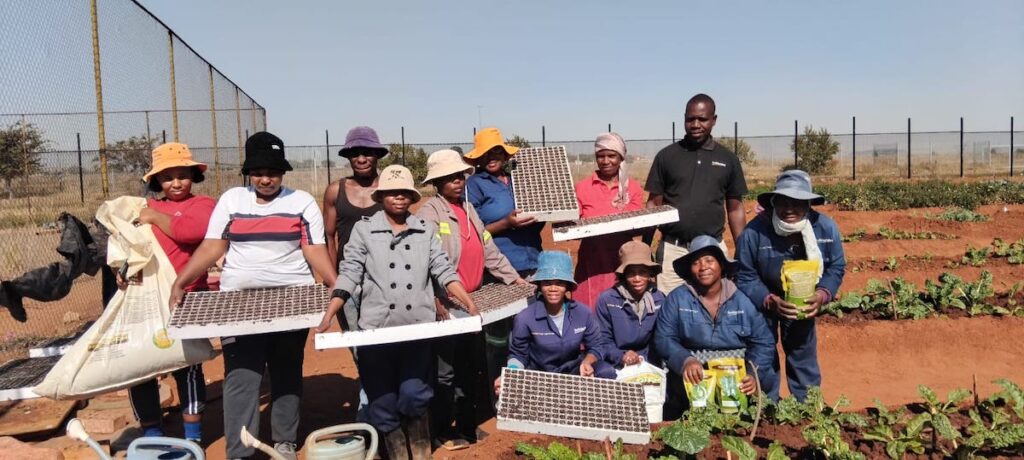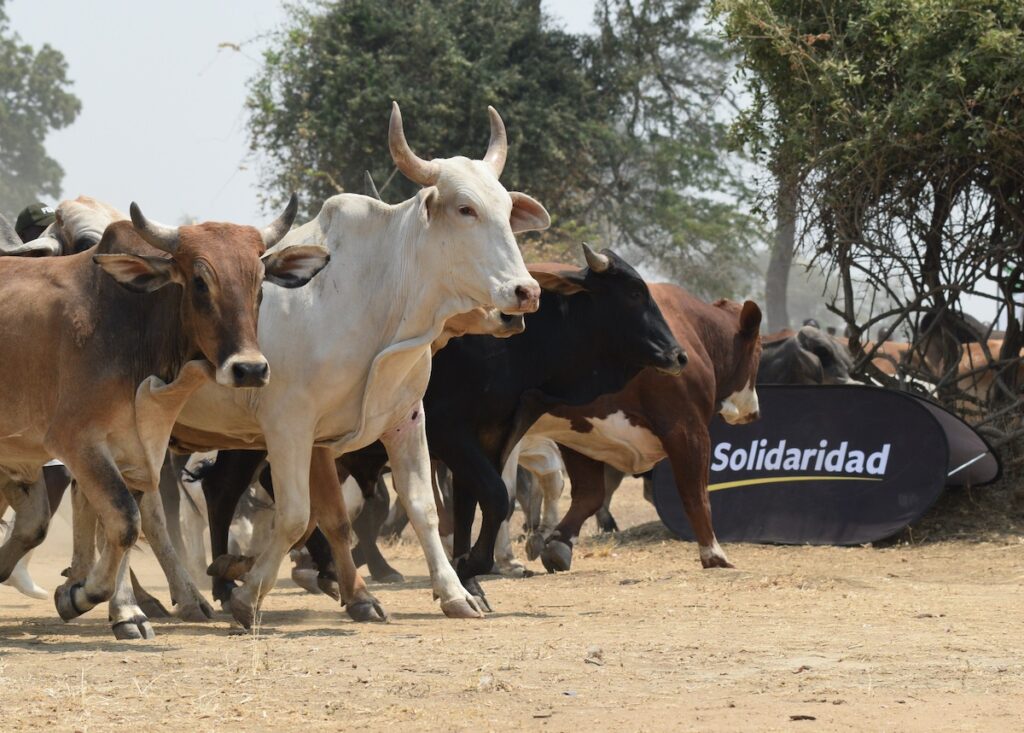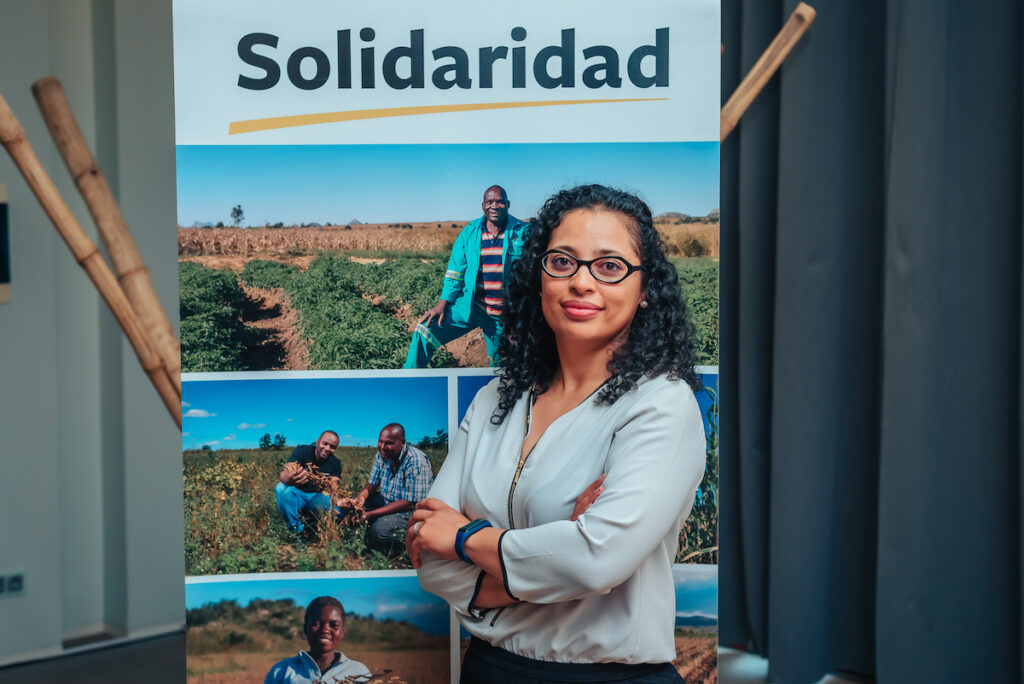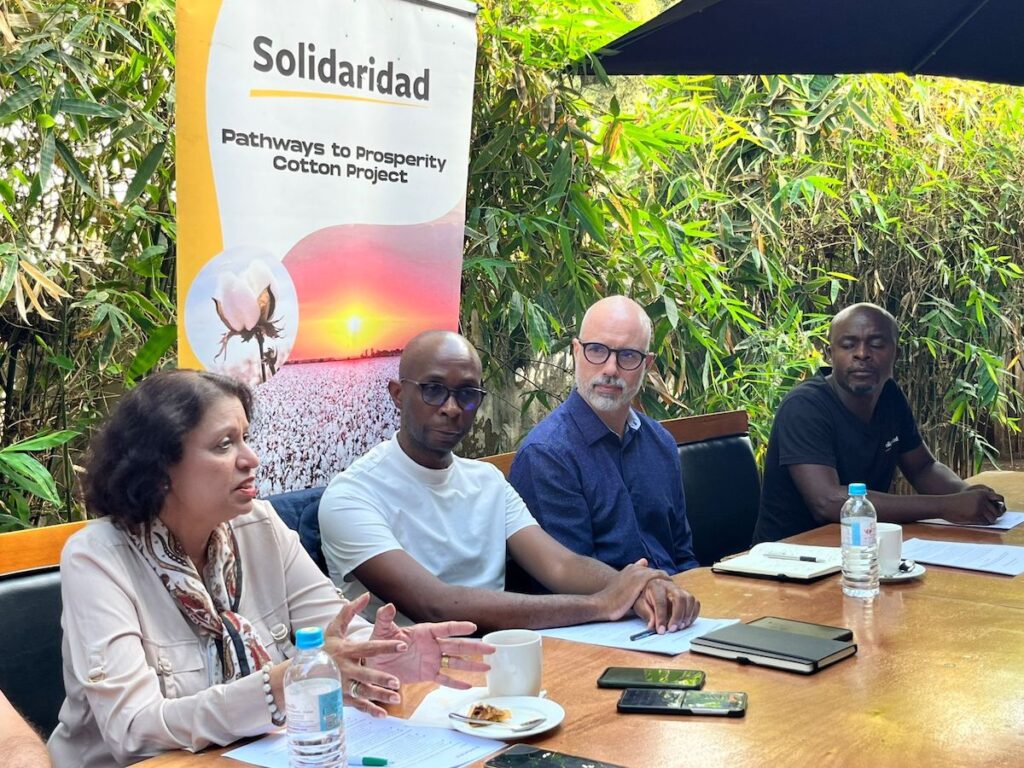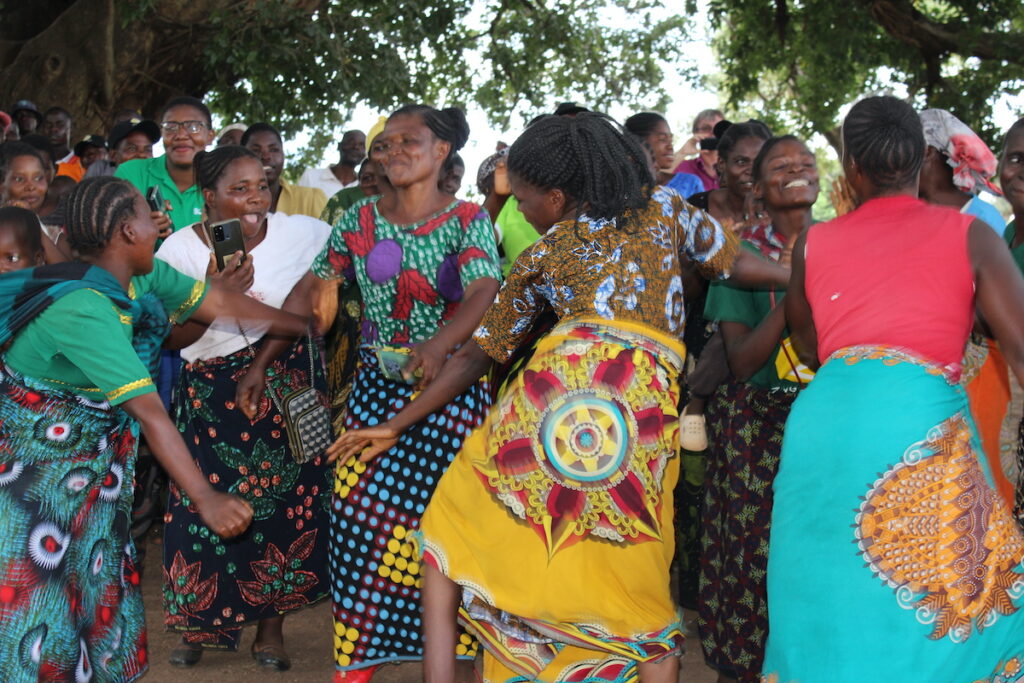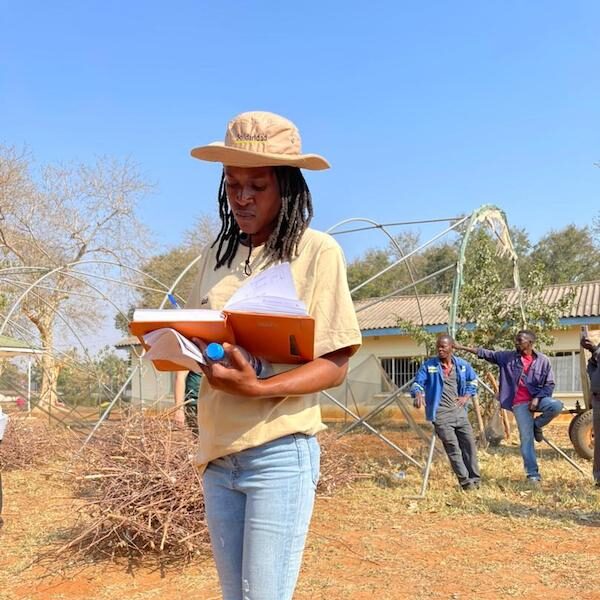Launching on 28 October in Malawi and 4 November in Zimbabwe, the K’LUSA project will provide the basis for a clear understanding of how investing in the red meat value chain development can transform rural communities and livelihoods, with an emphasis on gender and youth, highlighting their role and improving the possibility to become part of a rural transformation in the region.
The demand for livestock products, including red meat, will double in the next 20 years due to the increase in the human population and the dietary changes of the increasingly urban population. This change, under the umbrella of the “Livestock Revolution,” gives huge possibilities to improve the livelihoods of livestock farming households. Ensuring that vulnerable households will reap the potentials of the growing lucrative (red) meat market will require concerted actions of stakeholders, including efforts to enhance capabilities and access to inputs, finance opportunities, and the market. Women play an important role in managing livestock but, at the same time, they face specific constraints to fully benefit from these assets. Similarly, the ability of youths to own and benefit from livestock remains a challenge. Venturing into livestock production as a business for women and youths is hampered by the lack of access to capital and input, poor skills, and land tenure issues.
ABOUT K’LUSA
K’LUSA aims to facilitate increased meaningful participation in the livestock sector by women and youth to enhance their livelihoods through positive economic impacts and increased nutrition security in rural communities. The project’s strategic priorities are as follows:
- Mainstreaming: Increasing the integration of crop and livestock production; increasing market-oriented offtakes; integrating crop-livestock systems which are more resilient to the effects of climate change respect less diversified systems; and finally, increasing soil fertility and reducing dependence on communal rangelands through the use of legumes and increased fodder production
- Gender and Youth Empowerment: Increasing the participation of women and youth in the red meat value chain through targeted inclusive financing models.
- Climate Change Resilience: Building resilience around better rangeland management to ensure improved carrying capacity of the natural pastures.
- Private Sector Engagement: Facilitate opportunities for dialogue and the development of inclusive value chains with private sector partners
The K’LUSA project will target 500 lead farmers (250 per country), with each lead farmer reaching 30 farmers making the total reach to 15000 farmers.

